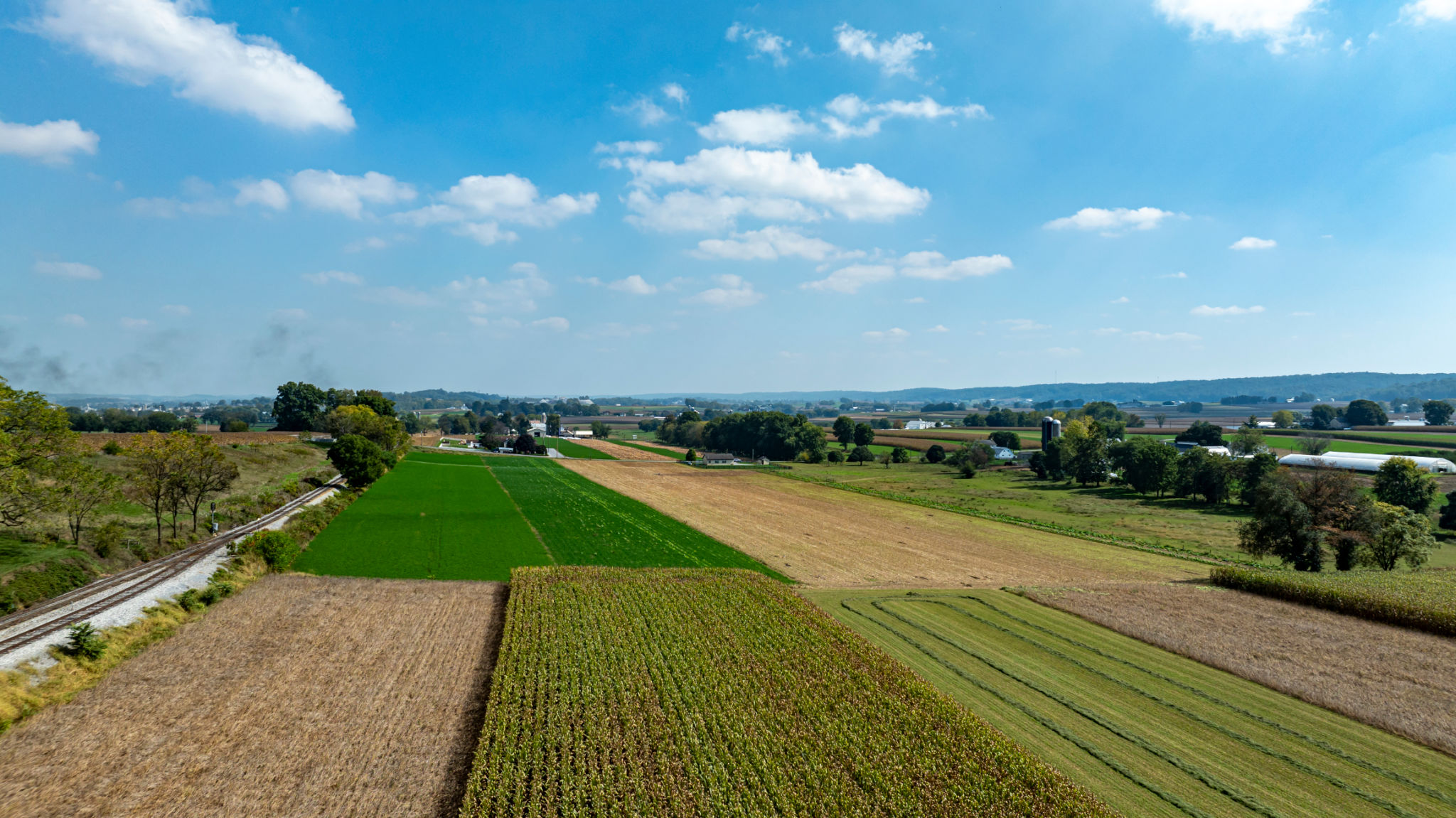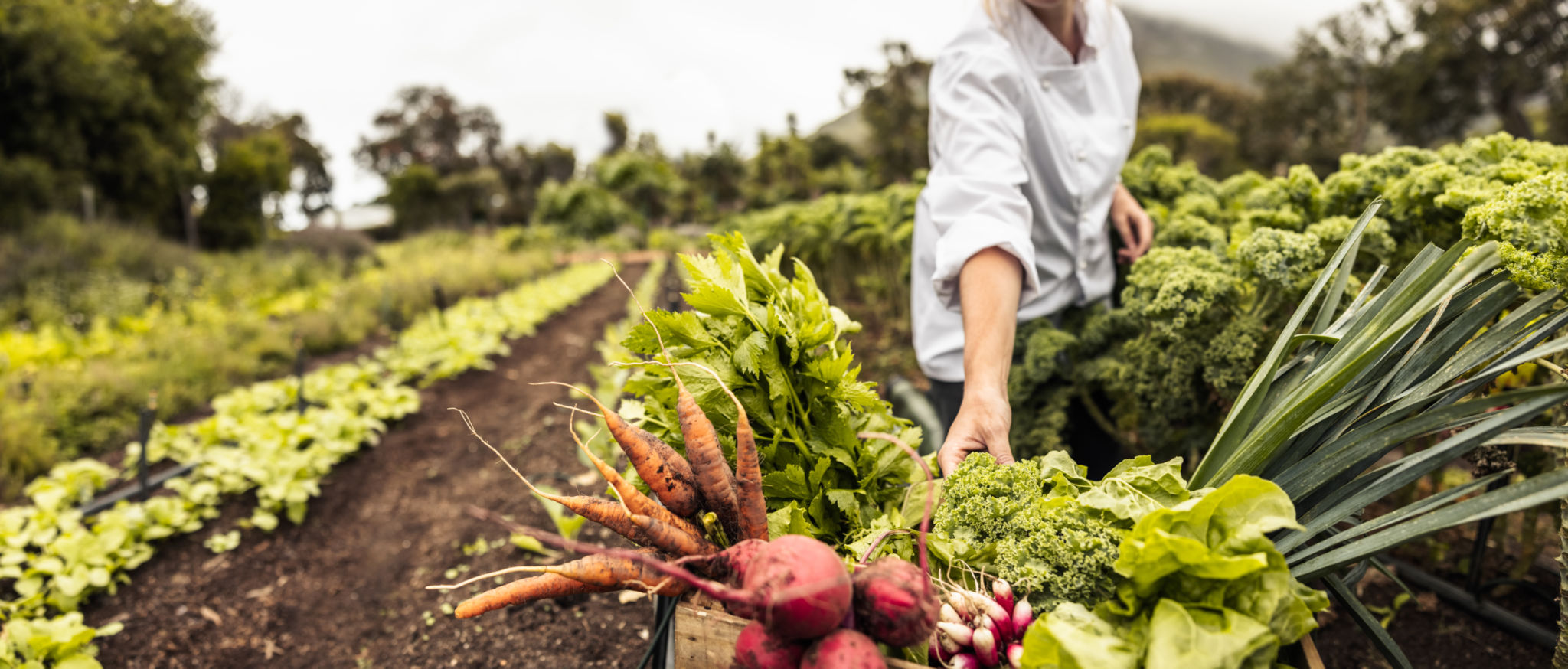Sustainable Farming Practices in Kasungu: Tips for Local Farmers
LW
Introduction to Sustainable Farming in Kasungu
In recent years, sustainable farming has become a critical focus for agricultural communities worldwide. In Kasungu, a district known for its rich agricultural heritage, implementing sustainable farming practices is essential for ensuring long-term productivity and environmental health. By adopting these methods, local farmers can enhance soil fertility, conserve water, and boost crop yields while minimizing environmental impact.

Understanding the Basics of Sustainable Farming
Sustainable farming is a holistic approach that emphasizes the responsible use of natural resources. It involves practices that are environmentally friendly, economically viable, and socially responsible. Key components include crop rotation, intercropping, and organic farming. By understanding these basics, farmers in Kasungu can make informed decisions that benefit both their livelihoods and the environment.
Crop Rotation: Enhancing Soil Fertility
One of the simplest yet most effective sustainable farming practices is crop rotation. This involves growing different types of crops in the same area across different seasons. Crop rotation helps prevent soil depletion, reduces pest and disease buildup, and improves soil structure. For instance, alternating between legumes and cereals can naturally replenish soil nitrogen levels, leading to healthier crops.

Intercropping for Increased Biodiversity
Intercropping is another sustainable practice that can be highly beneficial for farmers in Kasungu. This method involves planting two or more crops together in proximity. By doing so, farmers can maximize their land use efficiency and enhance biodiversity. The presence of diverse crops can also attract a variety of beneficial insects, aiding in natural pest control.
Efficient Water Management Techniques
Water conservation is a crucial aspect of sustainable farming. In Kasungu, where water resources can be limited, efficient water management techniques are vital. Farmers should consider implementing drip irrigation systems that deliver water directly to the plant roots, reducing evaporation and waste. Additionally, rainwater harvesting can provide an alternative water source during dry spells.

Soil Health: The Foundation of Sustainable Farming
Maintaining healthy soil is fundamental to sustainable agriculture. Practices such as composting and using green manure can enrich soil organic matter, improving its fertility and structure. Farmers should also minimize tillage to preserve soil integrity and reduce erosion. By prioritizing soil health, farmers in Kasungu can ensure sustainable crop production for generations to come.
Incorporating Organic Farming Practices
Organic farming is gaining popularity as a sustainable practice that eliminates the use of synthetic fertilizers and pesticides. Instead, it relies on natural alternatives like compost and biological pest control. By embracing organic farming, Kasungu farmers can produce healthier crops, promote biodiversity, and protect the environment from harmful chemicals.

The Role of Community Collaboration
Sustainable farming thrives on community collaboration and knowledge sharing. By working together, farmers can exchange ideas, share resources, and support each other in implementing sustainable practices. Local agricultural cooperatives and organizations can play a pivotal role in facilitating this collaboration, offering training sessions and workshops to empower farmers with the necessary skills and knowledge.
Conclusion: A Path Towards Sustainability
Adopting sustainable farming practices in Kasungu is not just a choice but a necessity for securing the future of agriculture in the region. By incorporating methods like crop rotation, intercropping, efficient water management, and organic farming, local farmers can improve their productivity while protecting the environment. With the collective effort of the community and continued education on sustainable techniques, Kasungu can pave the way towards a more resilient and prosperous agricultural future.
